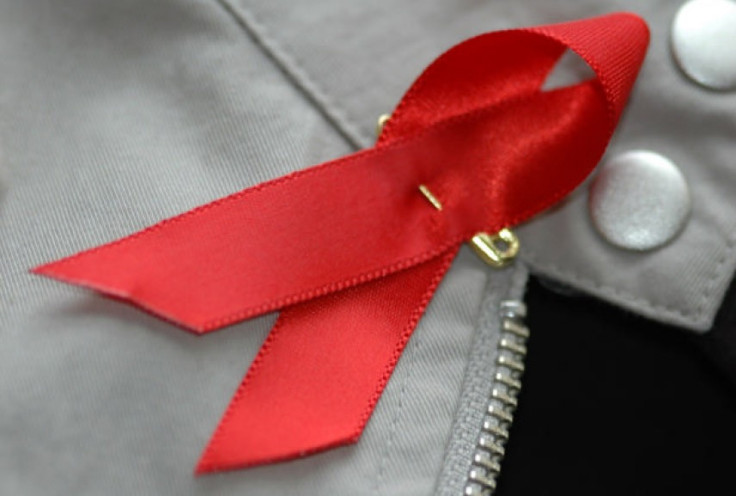British Gays Diagnosed With HIV Reached All-Time High Last Year

More than three decades after the emergence of the AIDS virus (and the development of life-prolonging drugs), the number of gay and bisexual men in Britain diagnosed with HIV nonetheless reached an all-time high last year.
The UK’s Health Protection Authority (HPA) stated that new diagnoses among men who have sex with men (MSM) totaled 3,010 in 2011, a new record.
Overall, one in 20 MSM in the UK is infected with HIV.
HPA further warned that one-quarter of people in Britain living with HIV are unaware of their condition, suggesting they have not been tested and may continue to spread the virus.
On the whole, 6,280 new HIV diagnoses were reported in 2011, raising the total number of Britons living with the virus to about 96,000.
As in the United States, Britain’s black community suffers from the highest rates of infection -- 37 per 1,000.
“These figures are a reminder of how vital safe-sex programs remain,” said Dr. Valerie Delpech, HPA head of HIV surveillance.
“Promoting HIV testing and condom use is crucial to tackling the high rates of transmission, late diagnosis and undiagnosed HIV still seen in the UK. National HIV Testing Week is a great opportunity to encourage people to get tested. We also encourage clinicians to take every opportunity to offer the test to those in higher risk groups and, in high prevalence areas.”
Not surprisingly, the huge metropolis of London accounts for the bulk of HIV victims – 18 of the 20 local authorities with the highest prevalence of HIV infection were located in the city, particularly in deprived areas.
Deborah Jack, the chief executive of the National Aids Trust, told BBC: "It is vitally important that gay men test at least once a year for STIs [sexually transmitted infections] and HIV, and every three months if they're having unprotected sex with new or casual partners. HIV-negative gay men diagnosed with an STI should really treat it as a 'wake up call.' You are at serious risk of getting HIV in the near future and need to take steps to prevent that happening -- such as consistent condom use and reduction in number of sexual partners."
© Copyright IBTimes 2024. All rights reserved.





















